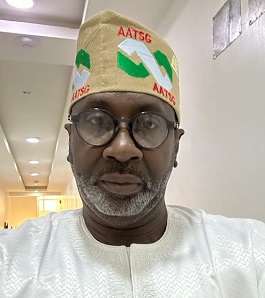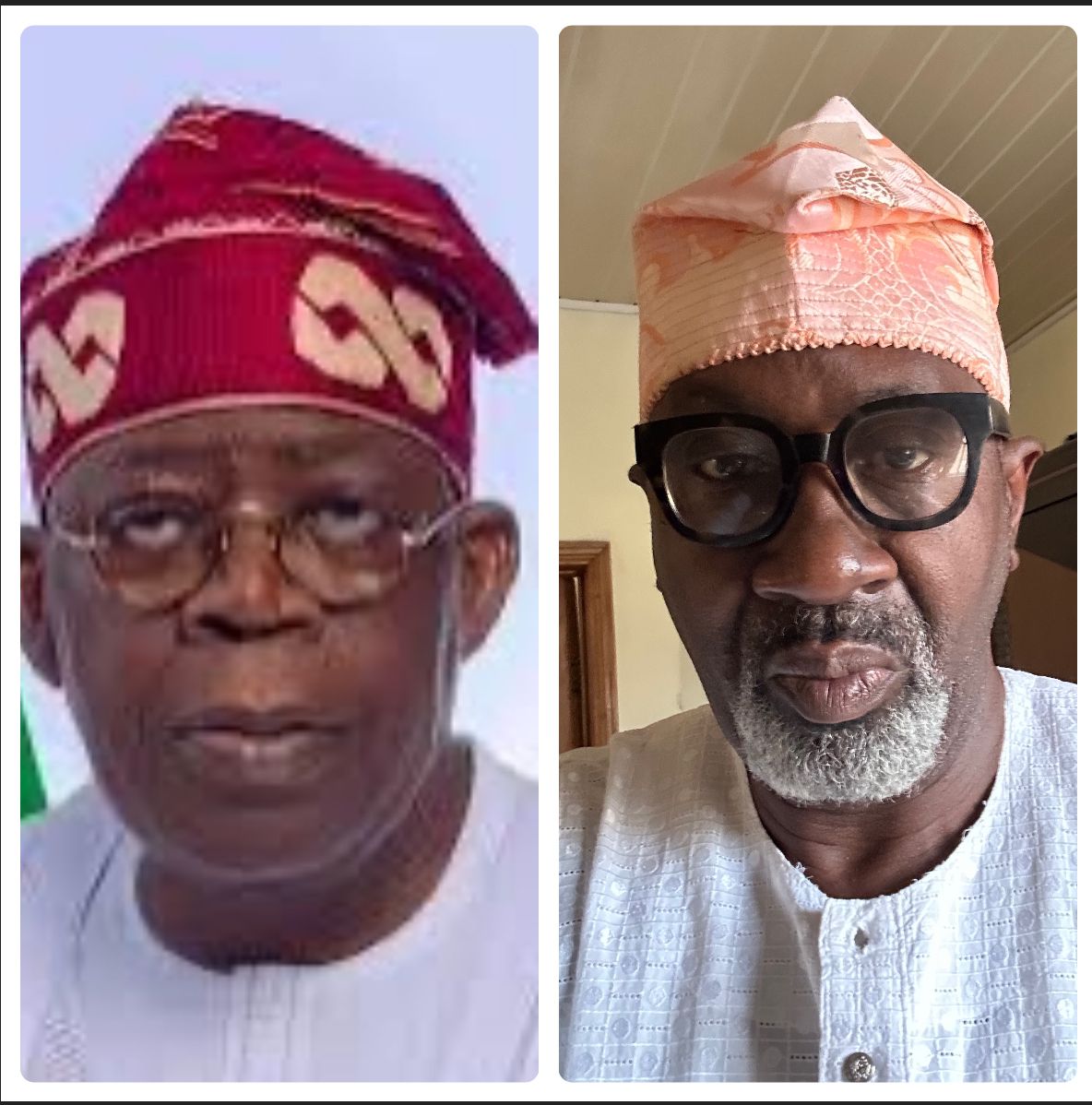It is absolutely crucial for Nigeria to become a part of BRICS Nations.
By Abayomi Odunowo.
BRICS, an acronym for Brazil, Russia, India, China, and South Africa, is a significant grouping of major emerging economies that aims to foster cooperation, economic growth, and influence among its member nations. The formation of BRICS was initially BRIC (Brazil, Russia, India, China) before South Africa joined in 2010, marking a significant expansion of the group. The five founding members contribute significantly to the global economy and population, which gives them a strong collective influence on the global stage.
BRICS operates on principles of non-interference, equality, and mutual benefit. The group aims to promote cooperation in various areas such as energy, health, education, science, technology, innovation, trade promotion, and combating transnational crime. By working together, the BRICS countries seek to foster economic development, social progress, and sustainability in a multi-polar world.
One of the key aspects of BRICS is its focus on economic cooperation. The member countries have a combined GDP that accounts for a significant share of the global economy. By aligning their economic policies and coordinating their efforts, the BRICS countries can have a substantial impact on international trade, investment, and financial markets. This enables them to exert greater influence over global economic governance and promote the interests of emerging economies in international forums.
In addition to economic cooperation, BRICS also focuses on promoting social and cultural exchanges among its member nations. This includes initiatives to strengthen educational and scientific collaboration, facilitate technology transfer, and support innovation and entrepreneurship. By fostering mutual understanding and respect among diverse cultures, BRICS aims to create a more inclusive and sustainable global community.
Furthermore, BRICS places a strong emphasis on sustainable development and environmental protection. The member countries recognize the importance of addressing climate change, preserving natural resources, and promoting clean and renewable energy sources. By sharing best practices and coordinating their efforts, BRICS can play a leading role in promoting sustainable development and creating a greener and more environmentally friendly world.
BRICS also seeks to enhance cooperation in the field of international security and political stability. The member countries are committed to upholding the principles of sovereignty, territorial integrity, and non-interference in the internal affairs of other states. By working together, BRICS can contribute to the peaceful resolution of conflicts, promote regional stability, and combat terrorism, organized crime, and other transnational security threats.
The benefits of BRICS are numerous. By fostering cooperation among major emerging economies, BRICS can accelerate economic growth, reduce poverty, and promote social progress. Through their collective efforts, the member countries can create new opportunities for trade, investment, and technological advancement. This can lead to the creation of jobs, the transfer of skills and knowledge, and the improvement of living standards for millions of people.
Moreover, BRICS represents a powerful voice for emerging economies in international affairs. By collaborating on global issues such as trade, climate change, and international security, the member countries can exert greater influence on the international stage and advocate for policies that reflect the interests of developing nations. This can help to create a more balanced and equitable global order that promotes the prosperity and well-being of all countries.
BRICS is a significant grouping of major emerging economies that aims to foster cooperation, economic growth, and influence among its member nations. By working together, the BRICS countries can address common challenges, seize new opportunities, and shape the future of the global economy and society. With their collective strength and shared vision, BRICS is poised to make a positive impact on the world and contribute to a more prosperous and stable future for all.
The benefits of BRICS membership are numerous and impactful, particularly in the realms of economic strength, trade diversification, and political influence. As a collective, BRICS nations hold substantial economic power and influence globally, offering member countries a platform for enhanced trade relationships and economic opportunities. Diversifying trade among BRICS nations allows for the exploration of new economic avenues, reducing reliance on traditional trade partners and enhancing overall economic stability.
Moreover, membership in BRICS can significantly enhance a country’s political influence on the global stage. By joining forces with other influential nations, member countries can collectively address global challenges and shape international policies.
Furthermore, utilizing local currencies for trade within BRICS reduces exposure to exchange rate fluctuations, thereby enhancing economic stability and reducing exchange rate risks. This approach also empowers member nations with greater control over their monetary policies, fostering monetary sovereignty and economic autonomy.
Finally, embracing local currencies within BRICS fosters stronger bilateral and regional relationships among member nations, ultimately strengthening regional ties and promoting economic cooperation. In conclusion, the benefits of BRICS membership are far-reaching and impactful, offering member countries numerous opportunities for economic growth, trade diversification, and enhanced political influence on the global stage.
Media Contacts
Otunba Abdulfalil Abayomi Odunowo
National Chairman AATSG
URL: www.aatsg.org.ng
Tel: +2349053535322
Email: [email protected]





